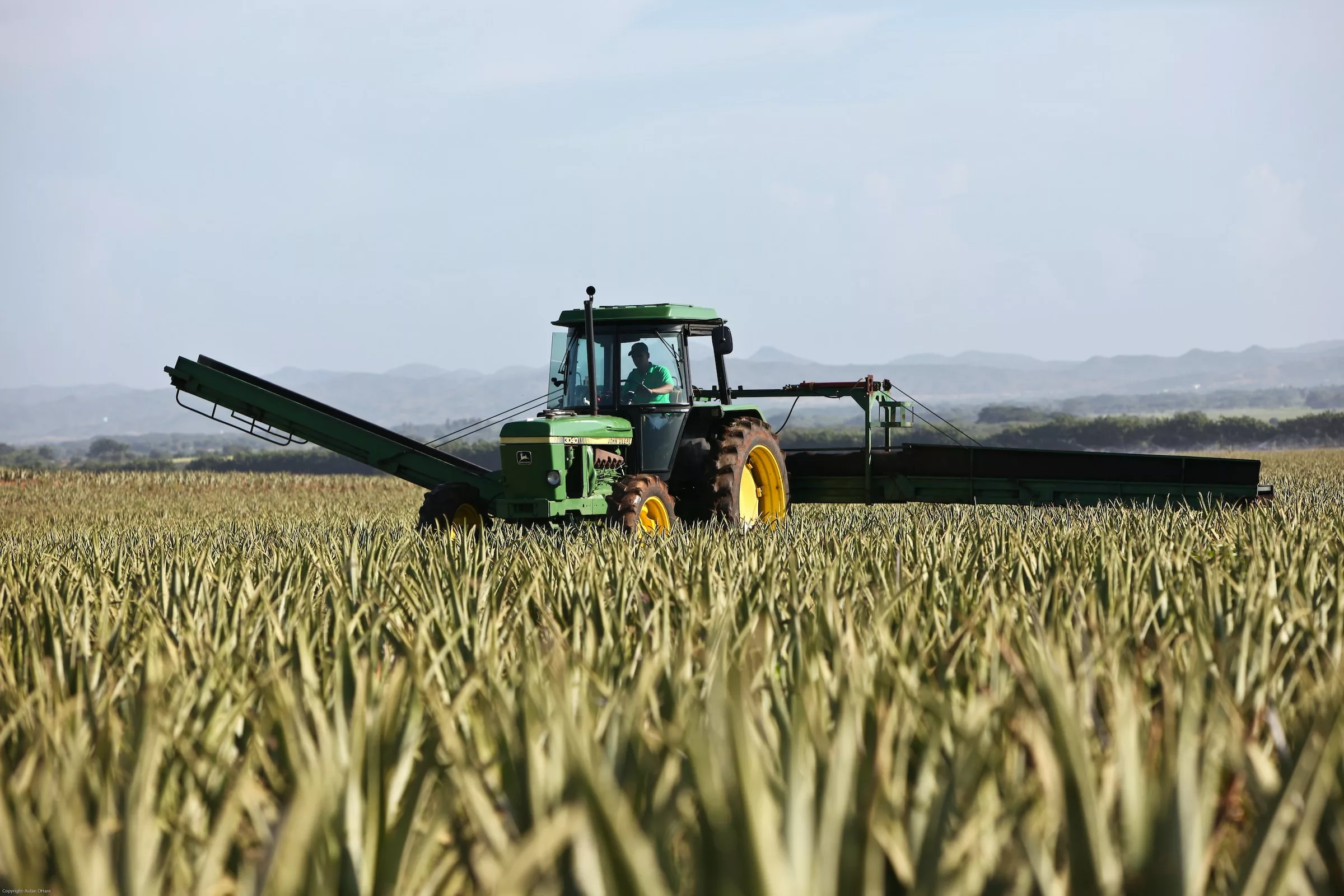Gardening isn’t just a hobby; it’s an act of environmental stewardship. By cultivating your own garden, you can make a positive impact on the planet, from reducing transportation emissions to promoting biodiversity. Join us in discovering how your green thumb can make a difference.
No Need for Transportation
One of the most significant environmental benefits of gardening is reducing the need for transportation. When you grow your own fruits and vegetables, you eliminate the need for transportation emissions, which contribute to air pollution and climate change. Additionally, by cultivating your garden, you reduce the demand for commercial agriculture, which is often responsible for long-distance transportation of food.
No Food Waste
When you grow your own food, you can harvest only what you need, reducing food waste. Commercial agriculture, on the other hand, often leads to overproduction and spoilage. Moreover, when you compost your garden waste, you create nutrient-rich soil, reducing the need for synthetic fertilizers, which can be harmful to the environment.
Preservation of Vegetable Varieties
In today’s commercial agriculture, many traditional and heirloom vegetable varieties are being replaced by hybrids that prioritize yield and shelf life over taste and nutrition. By growing your own garden, you can preserve the unique and diverse varieties that are disappearing from our food systems. This, in turn, can lead to a more sustainable and resilient food supply.
Better Ecosystem for Insects and Small Animals
Gardening can promote biodiversity by providing habitat for insects and small animals. By creating a diverse range of plants, you can attract pollinators and predators that help to maintain a healthy ecosystem. Additionally, by using organic gardening methods, you can reduce the use of pesticides, which can be harmful to beneficial insects.
Gardens are Better Than Lawns for Air Quality and Heat Reduction
Lawns are often maintained with synthetic fertilizers and pesticides, contributing to air and water pollution. By replacing a portion of your lawn with a garden, you can create a more diverse and sustainable landscape. Gardens can help to filter pollutants from the air and reduce heat island effects, leading to better air quality and cooler temperatures.
Less or No Pesticides in the Soil, Water and Food
Gardening allows you to control what goes into your food and soil, reducing your exposure to harmful chemicals. By using organic gardening methods, you can eliminate or reduce the use of synthetic pesticides and fertilizers, which can contaminate soil, water, and food. This, in turn, promotes a healthier environment and a more sustainable food system.
Sustainable Gardening Tips
Here are a few tips to make your gardening practices more sustainable:
- Choose organic and non-GMO seeds: Look for seeds that are certified organic and non-GMO to avoid genetically modified and chemically treated plants.
- Use natural pest control methods: Avoid using synthetic pesticides and herbicides, which can harm beneficial insects and pollute the environment. Instead, use natural methods like companion planting and insecticidal soap.
- Conserve water: Use drip irrigation or a rain barrel to conserve water and reduce water waste.
By adopting sustainable gardening practices, we can all make a positive impact on the environment
Join Our Gardening Newsletter for More Tips
If you enjoyed reading this, don’t hesitate to subscribe to our newsletter for a wealth of gardening knowledge and insights. Stay up-to-date on the latest gardening trends, tips, and know-how, and make your green thumb even greener.



